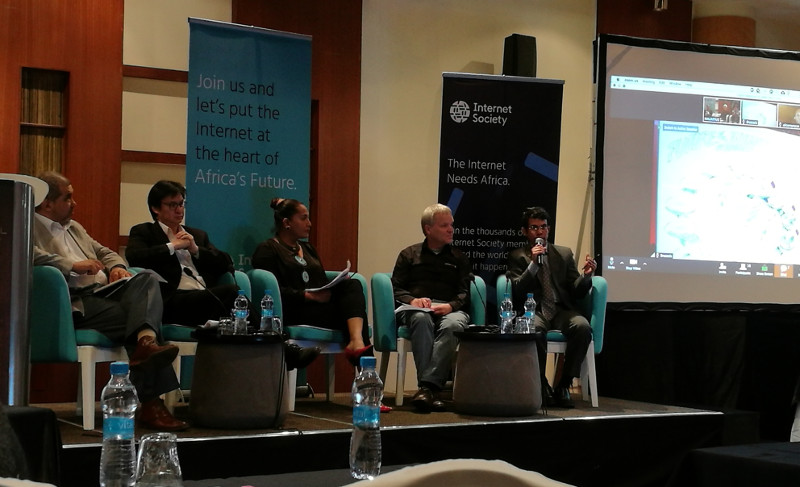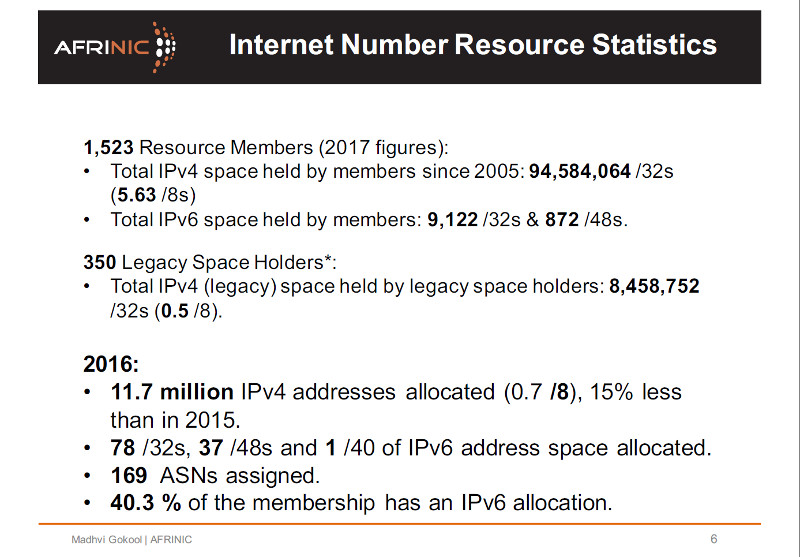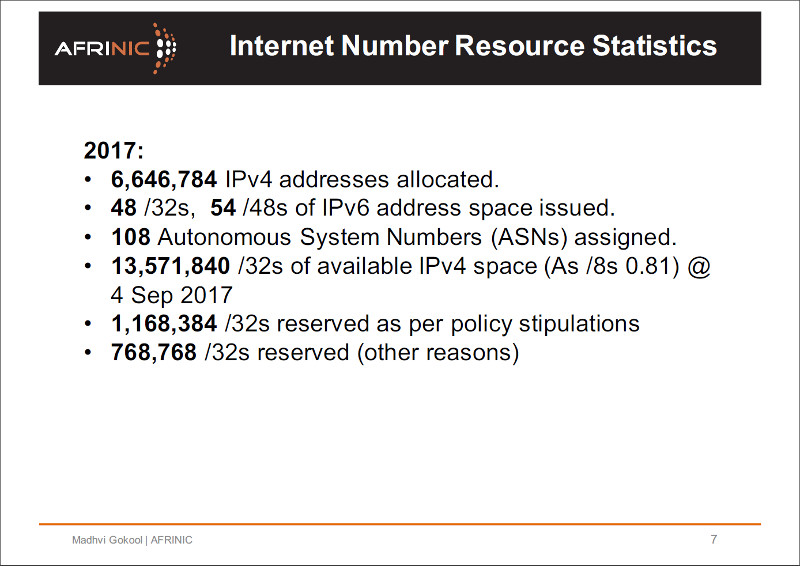I’ve been very infrequent with my blog posts lately. I’m told I shouldn’t drink that much coffee and I did reduce but I guess the effect becomes apparant in my lifestyle. Okay, enough of rambling. So, what exactly did we miss in September? Yeah… The post is two months late.
The Internet Society celebrated 25 years of its existence and its members planned something different for their annual InterCommunity event. This year the InterCommunity event was celebrated in 17 different countries at the same time, it was live streamed, and participants could engage with people from other chapters. In my opinion it would have made more sense to organize InterCommunity 2017 in 25 different chapters to celebrate the 25th year of Internet Society. Well, there must be surely some reason, or maybe none, behind the choice of 17 country chapters.
In Mauritius the InterCommunity 2017 event was organized with the help of AFRINIC at the Sofitel Hotel, Flic-en-Flac. I got confused in the beginning thinking why would AFRINIC organize it when there exists a local chapter, ISOC Mauritius, and funny enough I am even a member of it (the least that I am aware of). I didn’t receive any invitation from ISOC-MU but instead got a ping from my boss who in turn learned about the event from a message that we received on our company’s Facebook page. Ah! Long story, let’s cut short.
So, we had a little discussion in office about what’s Internet Society, what’s the InterCommunity, what is the intention of AFRINIC in all of this, and why should we attend? Well, first of all, we’re concerned about the internet shutdowns happening in the African continent. Are we safe? (keeping in mind that our politicians can’t be trusted in terms of free access to information - free not as in beer.)
Secondly, the price of internet connection would raise eyebrows here. Some could argue that with the advent of FTTH (thanks to Mauritius Telecom) things have changed for home users… but it’s not the case for businesses. It would cost more than an engineer’s monthly salary to have a server hosted locally with decent internet connectivity.
My colleagues and I took those concerns to the InterCommunity 2017 with the hope that we could address them to the panelists. As per the information published on internetsociety.org1, the list was supposed to be as follows:
- Alan Barrett, CEO AFRINIC
- Rai Basgeet, CTO from Mauritius Telecom
- Kaleem Usmani, Assistant Manager CERT-MU from NCB
- Patrick Renee, CTO EDS
However, instead of Rai Basgeet, Johnny Lim Fook represented Mauritius Telecom.
The topic of discussion for InterCommunity 2017 was “Digital Divides and Internet Economy”. Both internet shutdowns and the high cost of internet connection for businesses affect the internet economy.
A day before the InterCommunity event LSL Digital posted on its Facebook page that we’d be asking questions at the event and do a Facebook live stream.

Vymala Thuron, Head of External Relations, AFRINIC, spoke about internet adoption in the African continent and gave a brief on the day’s topic “Digital Divides and Internet Economy”. She then introduced the panelists and asked Johny Lim Fook to speak about internet experience and opportunity for users from an ISP’s perspective.
Will differences in connection technology, quality and level of internet openness lead to different internet experience and level of opportunity for users in the future?
Johny talked about rich media content and the rise of video traffic. He mentions how he’d search for a guitar lesson on YouTube rather than searching for it traditionally using Google. He then talked about Mauritius Telecom’s accelerated FTTH deployment and how the difference in internet speeds from copper to fiber can now allow users have access to rich media content.
Johny was certainly trying to say that with FTTH users can now consume more video content than before.
Vymala then asked Johny about the local disparities in internet connection speeds. She shared her poor internet experience in Tamarin as example.
Johny spoke about latency being an issue and that Mauritius Telecom is trying to bridge that by bringing Content Delivery Networks (CDN) to Mauritius to enable a faster access to content.
Vymala extented the discussion on local content and the use of Internet Exchange Points. She asked Patrick Rene to give his opinion on the subject from a datacenter’s perspective.
Patrick explained that the technology is here but it depends on the will of service providers; it’s a matter of who will do it first.
Alan Barett shared his concerns about the internet connectivity costs which he feels is still too high in Mauritius.
Kaleem Usmani spoke about security and the risks associated with IoT and the free internet access through public WiFi spots.

Vymala then asked for opinions on the subject of “digital divide” from the audience. The microphone passed around the room so that everyone could introduce themselves and say a few words on the subject.
Internet Society published a video2 of the event on YouTube and as from the 35th minute the audience share their experiences and views.
There was a birthday cake cutting ceremony to celebrate the 25 years of the Internet Society and we had a short break to enjoy the cake and drinks.
Right after the break Madhvi Gokool, Registration Services Manager, AFRINIC, did a presentation on the exhaustion on IPv4 resources and the necessary adoption of IPv6. I’m sharing her slides that give an overview of recent IP resources allocation.


The question & answer session “as advertised” did not happen as panelists did not take any questions afterward. Instead Madhvi asked for questions after her presentation and Alan Barett was available to answer. That did not seem just to ask ISP related questions or about the Internet Society local chapter issues.
We had lunch and there was a networking cocktail during which we talked about the chapter issues3 with Kevin Chege.